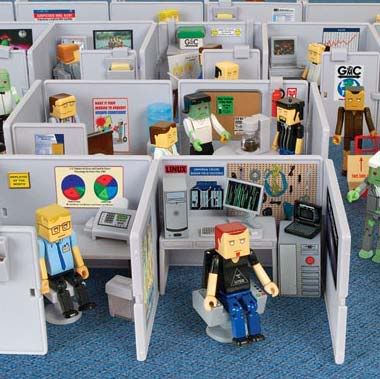
Agencies are innately programmed to be competitive. Agencies compete not only to land new business and retain current clients, but they compete in the media and social landscape as well. Let’s not even talk about rates and talent.
Along the way, business integrity has been compromised for some.
I’m lucky to work for an agency that I’m proud to work at every day – one that absorbs knowledge, executes ideas and commends hard work. It’s not naive to think we can be respectful and competitive at the same time. Sure, it might be utopian to think this in the scheme of PR business dynamic.
PR professionals should be working together to better the field – instead of journalists prompting us to do so. But where’s the line?
Haha #Fail.
If you’re going to call out another PR professional’s mishap - treat it as if it’s a case study. Analyze and dissect what went wrong, and what appropriate steps should have been taken before, during and after the conflict. Crisis communications is all about adrenaline and how you respond under pressure. Until you’ve been in a situation, just saying “fail” doesn’t accomplish anything. Learn from it, engage your agency and proactively decide to practice different arenas of a typical crisis communications plan.
Lose the Business, Move On
Yeah, it sucks. Agencies craft amazing, creative pitches on a daily basis - and if they don’t succeed, learn from it. It could be any number of reasons: the strategy was off, the delivery was wrong, the money didn’t justify the means. If you don’t land the new business or your client doesn’t get the story (but your competitor does) stop and analyze. Why did it happen? How did it happen? Correct it and make adjustments. Being passive aggressive and mopey isn’t professional and calls integrity for this field into play. You have amazing clients already on your roster – so make it about them.
Commend Other Agencies for Brilliant Ideas
This is where a unique line might come into play. Personal belief is that it’s great to privately acknowledge to a colleague on a great job with a placement, client or project. If acknowledged publicly, does it soften the impact that your agency might have in the industry? Is it taboo to acknowledge accomplishments of others that are direct competitors, both by location or industry? Is it too competitive to not congratulate other agencies on the efforts utilized in the space?
Also: Never be afraid to blog about successes and strategy that has worked. You can say enough without giving anything away. Engage and learn from each other.
What do you think? Disagree/Agree, and what would you add?
Image copyright of http://www.248am.com/.




